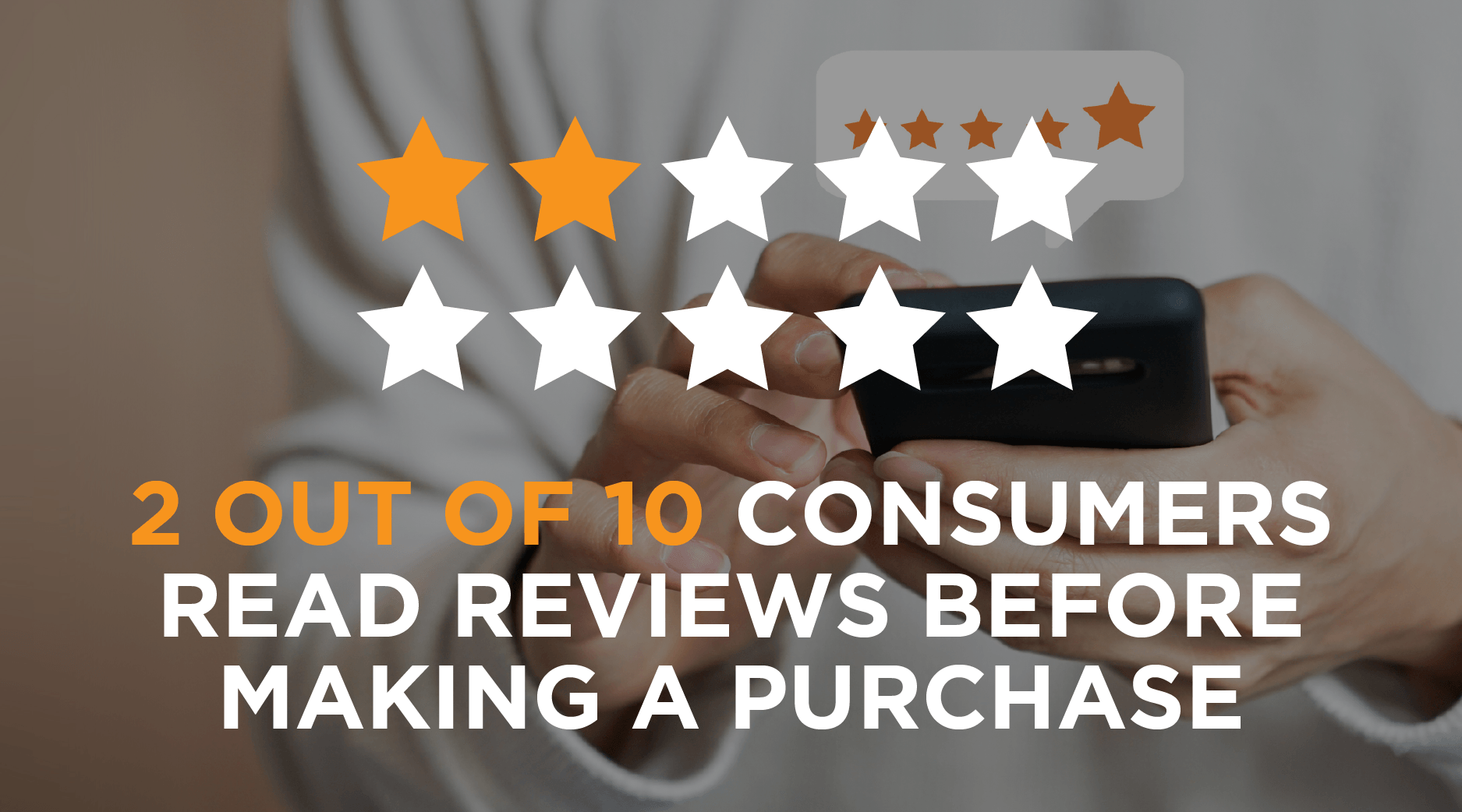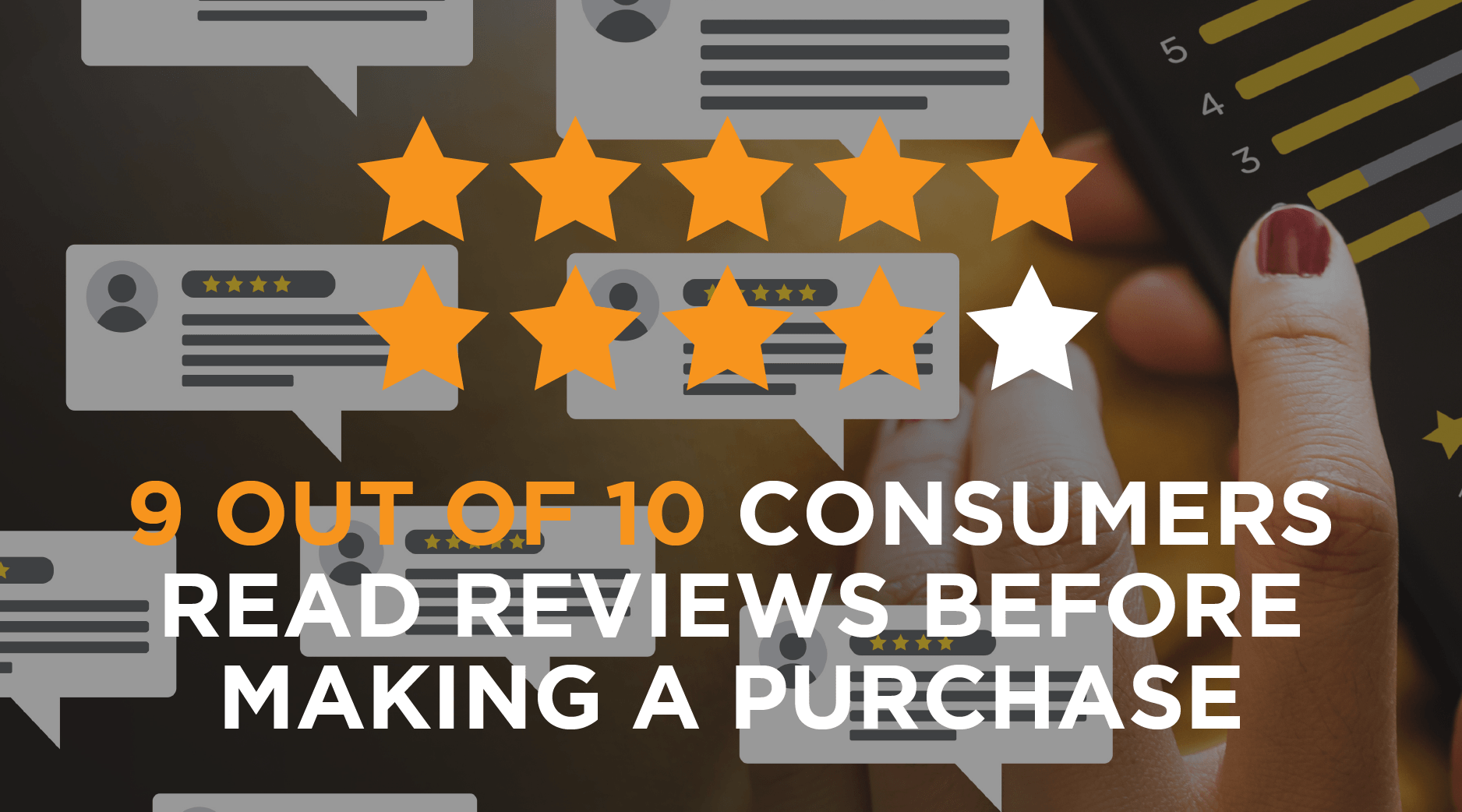Our Inbound Marketing Agency Turns 10
According to Inc, ninety-six percent of all businesses fail within ten years. That means only 4 out of 100 companies survive past the 10-year mark. Anyone who has ever thought of starting a business has likely heard this stat. For me, this fact always lingered in the back of my mind, and it served as a continuous motivation. It may be the competitive athlete in me, but anytime a hint of doubt crossed my mind, I would use this quote to pick up my game. I guess you can say it was the fuel necessary to drive us on our 10-year journey.
Today, we are incredibly fortunate to be celebrating our tenth anniversary at BlinkJar. How did we reach a juncture earned by only 4% of businesses? I wish I had the skill or wit to articulate how everything came together to build this company, but I don't. I would love to tell you how I developed a secret recipe for success, but I fail and learn daily. Nothing would make me happier than passing on helpful lessons to young and aspiring entrepreneurs, but I absorb as much from them as they do from me.
What I am trying to say is that the longevity and achievements of BlinkJar have nothing to do with me and everything to do with the people around me. Without the support of my family, friends, coworkers, and clients, BlinkJar would have easily slipped into the 96 percent of businesses that fail within ten years.
I wish I could single out every individual that has influenced our agency, but the list is far too long, and I am bound to forget someone. If you're reading this blog, you've likely contributed to the growth of our agency, and I'll forever be grateful for your gift.
So much can change in 10 years, especially when it comes to inbound marketing. We felt the best way to highlight the decade of transformation was to play a game of How it Started / How it's Going. Below, we've listed how the industry and our agency have changed since our humble beginnings in 2012. Please enjoy!
How BlinkJar Has Changed over the last 10 Years

THE BLINKJAR WEBSITE
In 2012, there evidently was a trend in designing websites with colors and graphics that had no direct correlation with your services. I’m a little biased, but we were cutting-edge back then. In our defense, we were a company of one in 2012, and that one person (me) did not possess the necessary design acumen required to build a website at that time.

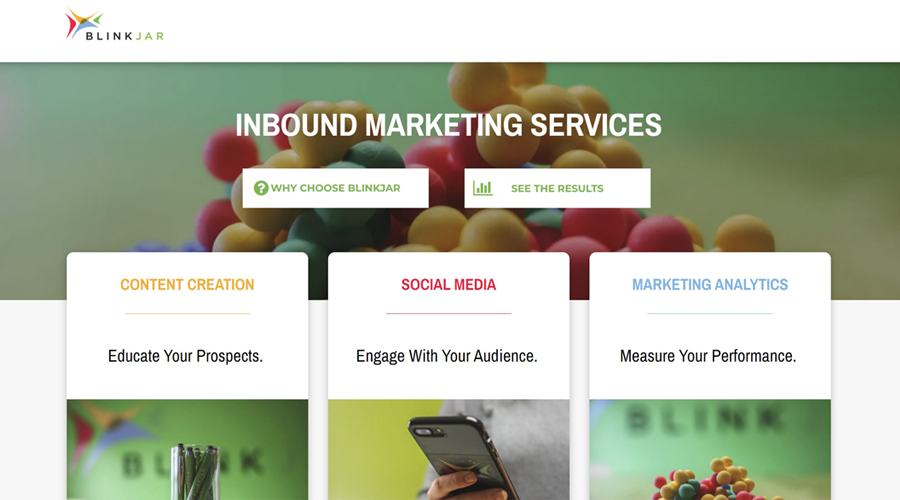

THE BLINKJAR OFFICE
In our first six months of existence, I worked in a closet for an office. Looking back at it, I was so ahead of today’s remote work trend. In 2013, we moved into a one room office. Our desks, break room, supplies, and conference area were all in the same room. After a year of yelling over each other, we moved to the present-day office where we all enjoy our own space with a conference room to boot.



OUR TEAM
BlinkJar has experienced steady growth over ten years averaging a new team member each year. While some of the faces have changed over time, we’ve managed to keep our core team together. We contribute this consistency and cohesion to finding clients and team members who share the same core values.



BARKJAR
If you've spent any time inside the BlinkJar office, you'd know that we love animals. When we first started, we had one goldfish. Today, our cats and dogs outnumber us nearly 2 to 1. You can meet all of our furry friends by visiting our BarkJar section.


How Inbound Marketing Has Changed Over the Last 10 Years

SOCIAL MEDIA ADVERTISING
In 2014, a dramatic decrease in organic reach occurred for business pages on Facebook. This observed decline in organic Facebook was confirmed when Brian Boland, Facebook's VP of Advertising Technology (at the time), said Facebook is simply managing more ad content than it used to, and News Feed space is thus more competitive among marketers.
TRANSLATION:
Facebook is tired of businesses living rent-free on Facebook and reaping the benefit of our audience. If you want to reach our audience, you must pay to play. This scenario translated into an enormous increase in Facebook advertising.
FACEBOOK AD REVENUE IN 2012 COMPARED TO 2021



MOBILE
As the technology in
smart phones have advanced so has the consumer usage in search. People are spending much more time on their phones today. According to a Statista survey conducted in February 2021, nearly
half of the respondents stated that on average they spent five to six hours on their phone daily, not including work-related smartphone use. A further 22 percent of respondents said that they spent three to four hours on average on their phone daily.
This increase in mobile phone usage correlates directly to the massive increase in website traffic from mobile phones.
MOBILE SHARE OF WEB TRAFFIC IN 2012 COMPARED TO 2021
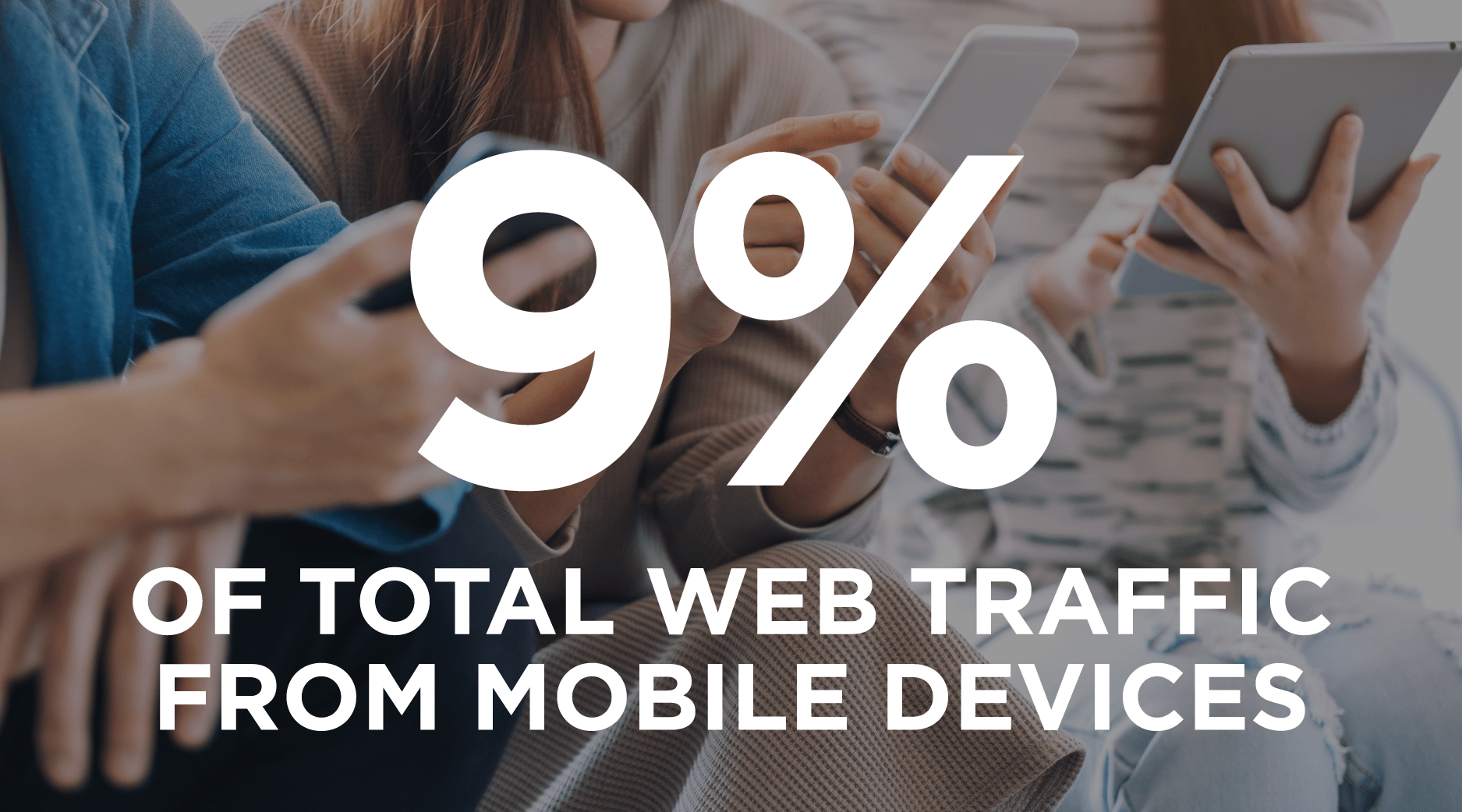
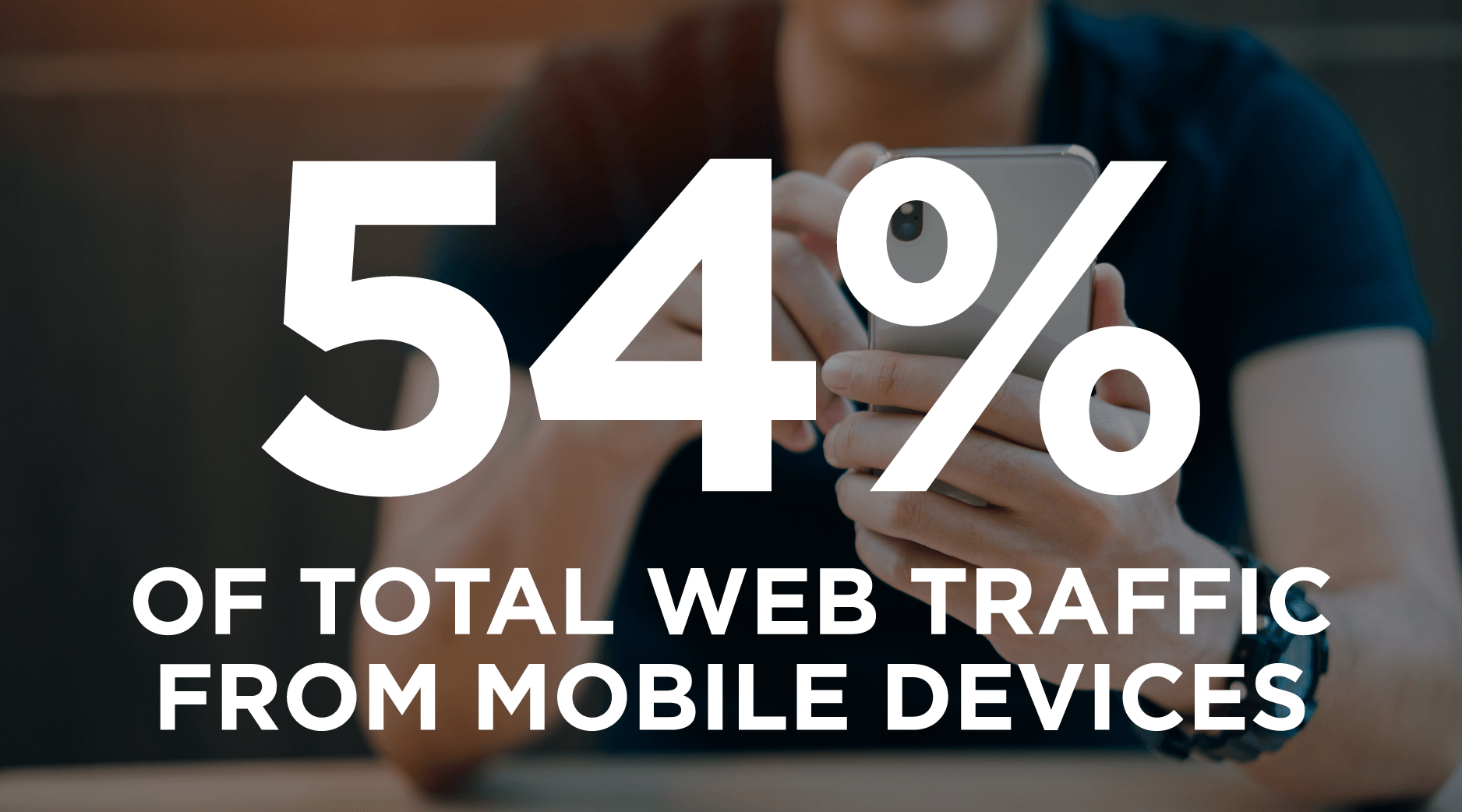

GOOGLE SEARCH RESULTS PAGE
Google has always been at the forefront of reinvention, and the search engine giant shows no signs of running out of new ideas for
improving the optimization of its
search engine results pages
in the future either. Because their number one goal is user-happiness, they are obsessed with staying one-step ahead of the consumer. Of course, it doesn’t hurt to dedicate more of the prime real estate on the search results page to
Google ads over time.
2012: ADS SHADED; ADS LOCATED AT TOP & RIGHT-HAND RAIL
2022: ADS NOT SHADED; ADS LOCATED TOP & BOTTOM
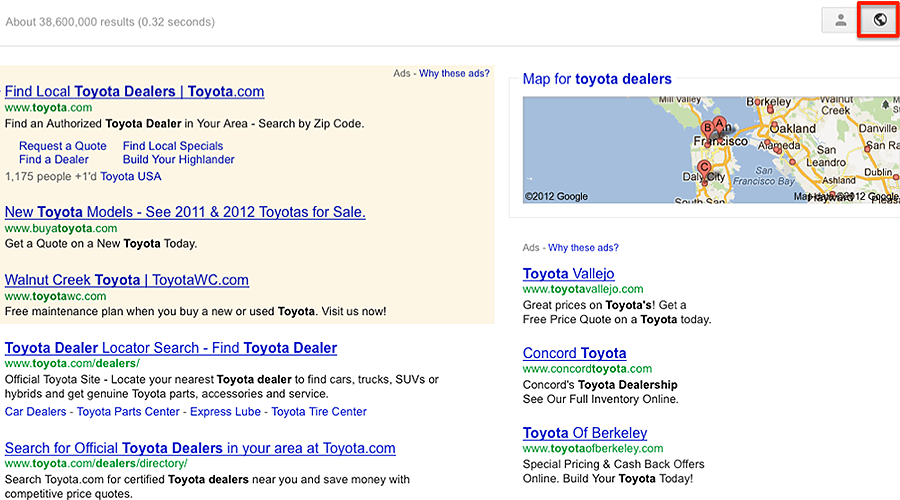
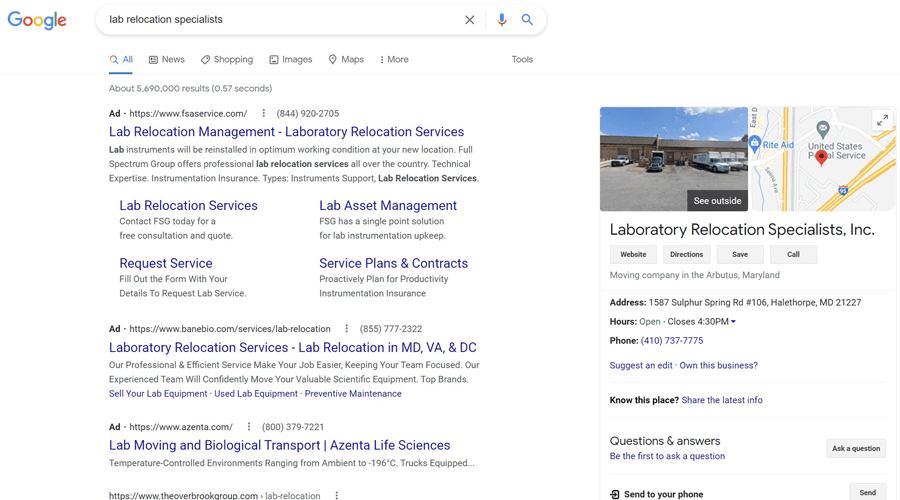

VIDEO
In 2020, 96% of consumers increased their online video consumption, and 9 out of 10 viewers said that they wanted to see more videos from brands and businesses. In fact, as of 2022, an average person is predicted to spend 100 minutes per day watching online videos.
This makes video content an irreplaceable part of any business’ marketing strategy. In 2012, we simply did not have the tools or technology to enable anyone and everyone to create videos. Today, there is a tool to help with any part of the video creation process no matter your level of expertise.
COMPARISON OF ONLINE VIDEO CONSUMPTION | 2012 VS. 2022
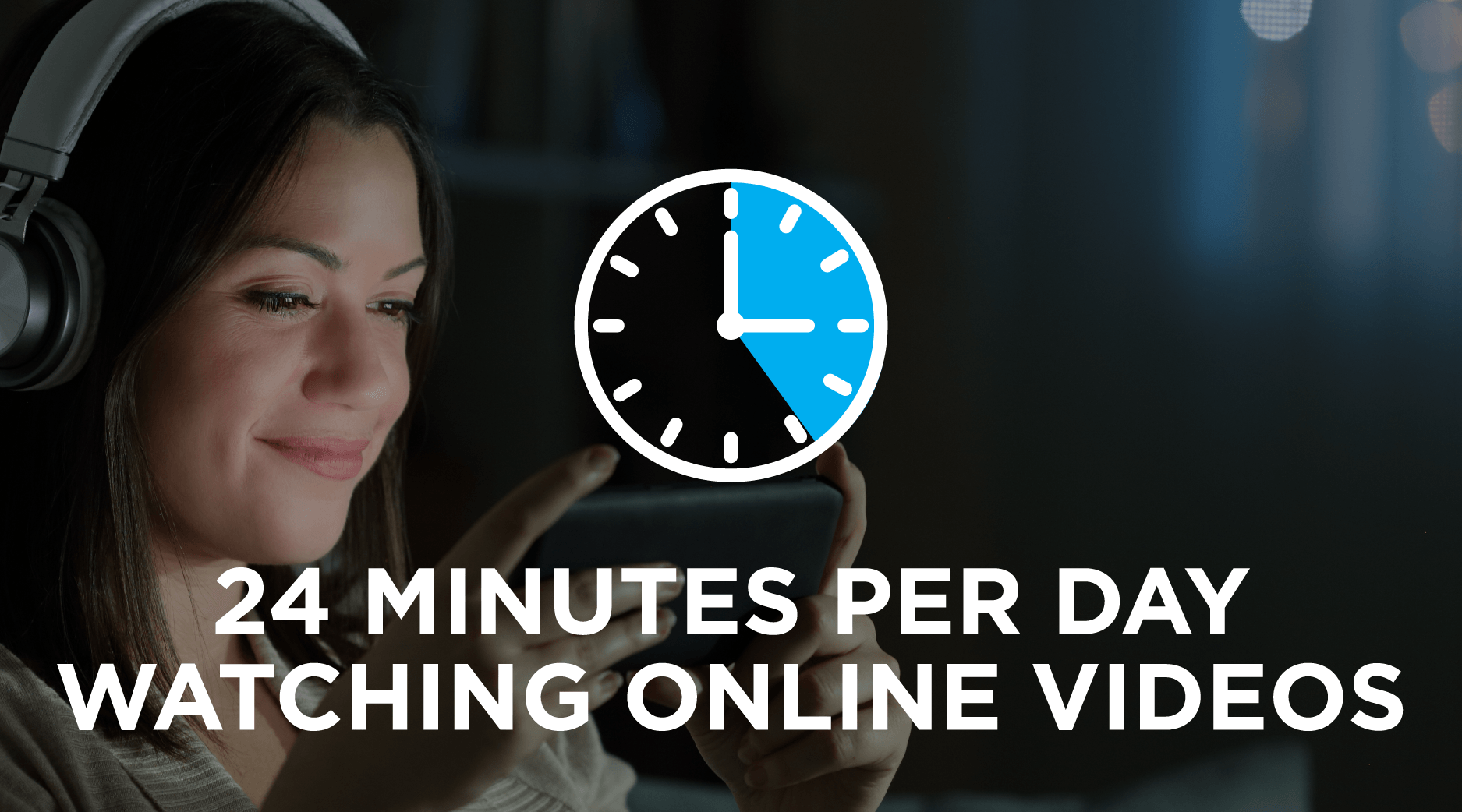
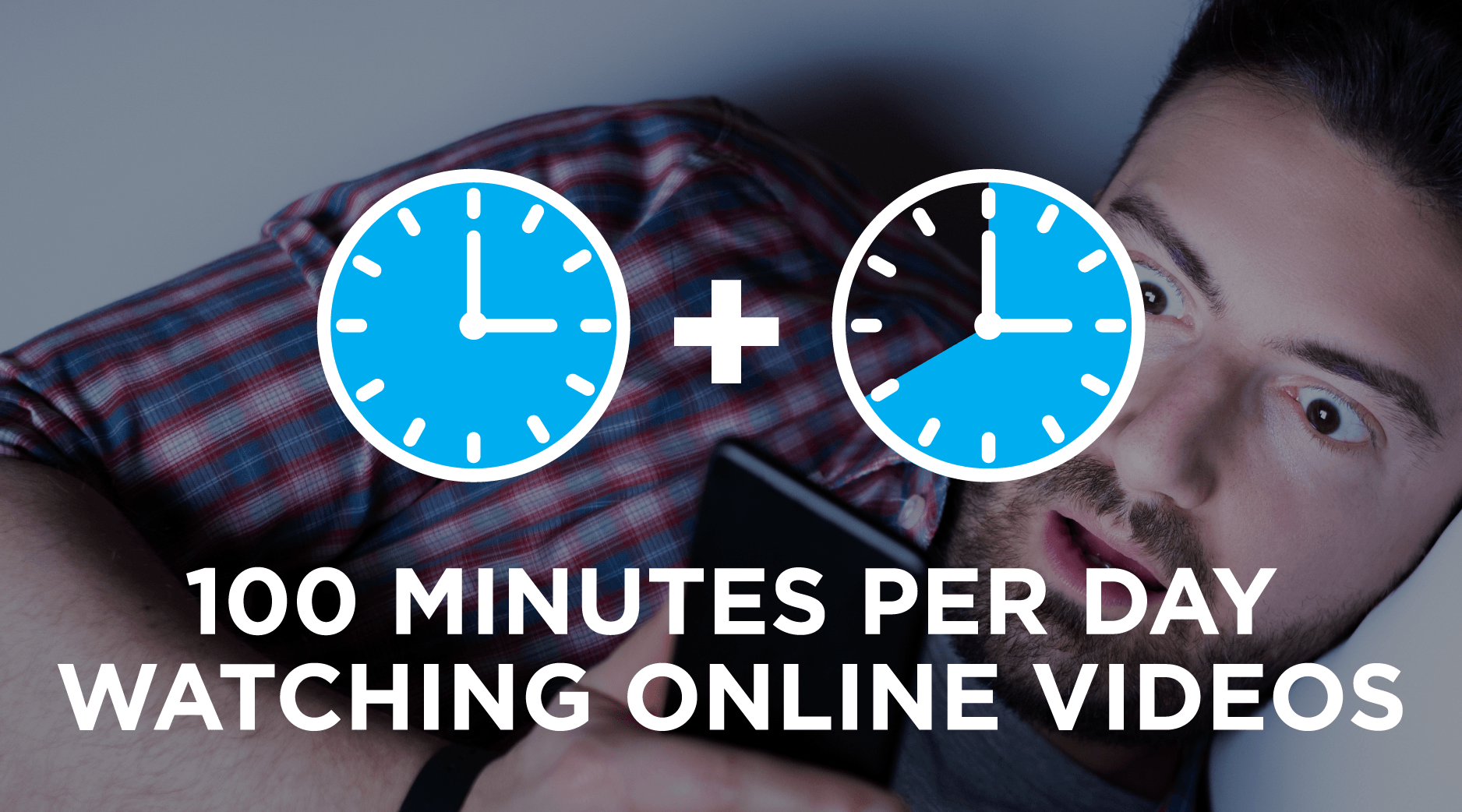

THE CONSUMER EXPERIENCE
The core of inbound marketing is centered around helping people effectively solve their problems and challenges. This approach should not stop once a lead becomes a customer. In fact, the delight stage is the process of exceeding your customers' expectations and ensuring a long-term, positive experience is established around your company.
Not convinced? 91% of 18-34 year-olds trust online reviews as much as personal recommendations, and 93% of consumers say that online reviews influenced their purchase decisions. The customer’s voice is more powerful than it has ever been.
In 2012, the consumer did not have the platforms that are available today for providing feedback and reviews. Today, online reviews and social proof are vital elements in maintaining a good reputation.
COMPARISON: IMPORTANCE OF GOOGLE REVIEWS IN 2012 VS. 2022
